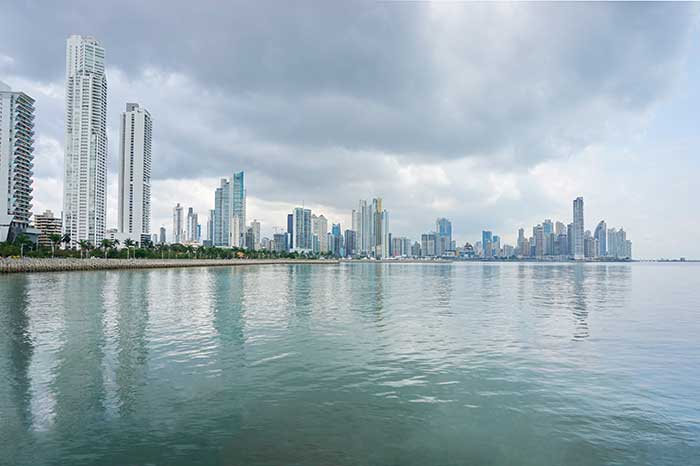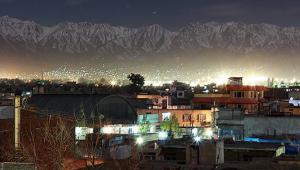web-panamacity_shutterstock_343698863.jpg

Panama City, Panama. A recent leak of a trove of documents from Panamanian law firm Mossack Fonseca revealed how the world's rich and powerful use tax havens to shirk their dues, putting tax avoidance high on the agenda.
The IMF said concerns over compliance with international standards in Panama’s financial system and increased due diligence by foreign banks have already curtailed some smaller Panamanian banks’ access to correspondent banks, and warned the risk could be more extensive going forward.
IMF directors stressed the importance of strengthening regulations to crack down on money laundering terrorism financing in line with international standards.
The inter-governmental Financial Action Task Force removed Panama from a list of countries with “strategic deficiencies” in these areas in February, in recognition that the country was making progress, however another review is scheduled for mid-2017.
Directors also welcomed Panama’s recent commitment to join the OECD mechanism for the automatic exchange of tax information and urged the country to expand these arrangements with other jurisdictions.
Panama recently became the centre of a global tax avoidance scandal after the leak of 11 million documents from Panamanian law firm Mossack Fonseca revealed how the world’s rich and powerful took advantage of the country’s lax laws to skip paying their dues.
Greater transparency and accountability in the country’s fiscal framework is also required, IMF directors added.
They encouraged the Panamanian government to enhance incentives for compliance with fiscal rules, reforms pensions and broaden the tax base, boosting compliance and avoiding “tax amnesties”.
Panama has had the highest growth rate in Latin America over the past decade – a trend that is set to continue.
Its economy grew by 5.8% last year, and growth is expected to remain at 6% over 2016 and in the medium term, against a backdrop of low inflation, declining current account and fiscal deficits and sustainable levels of public debt.
The nation has also seen significant poverty reduction in recent years, but IMF directors underlined that further social assistance will be essential for more inclusive growth.













